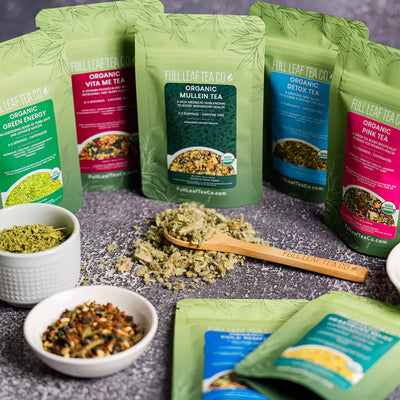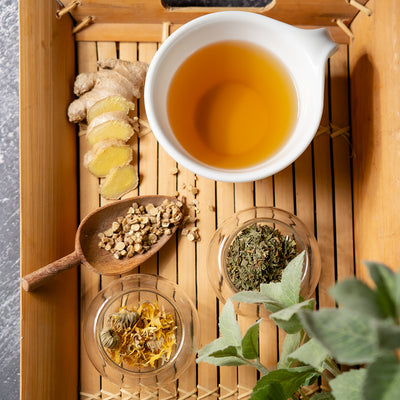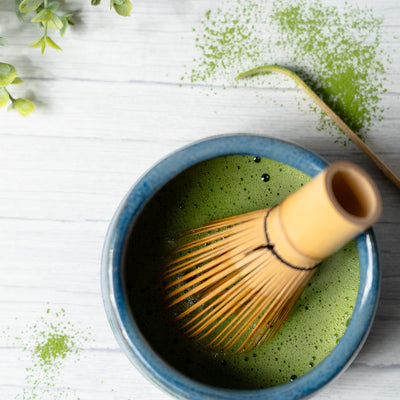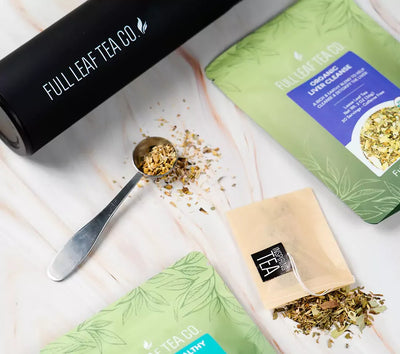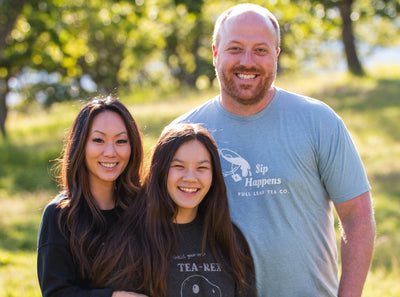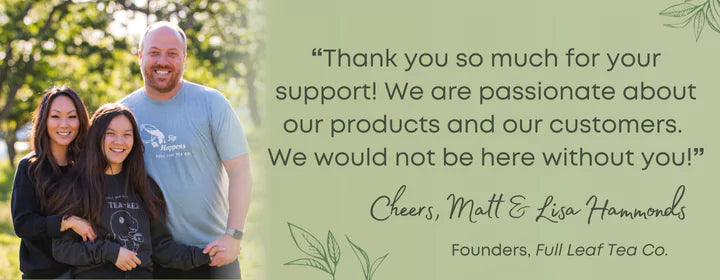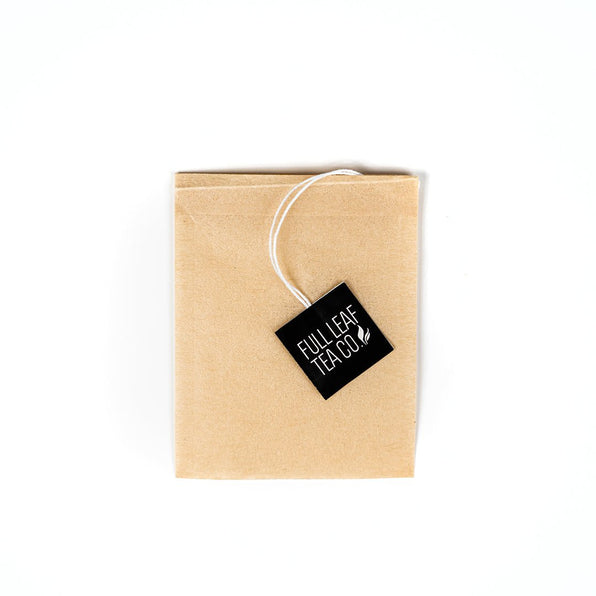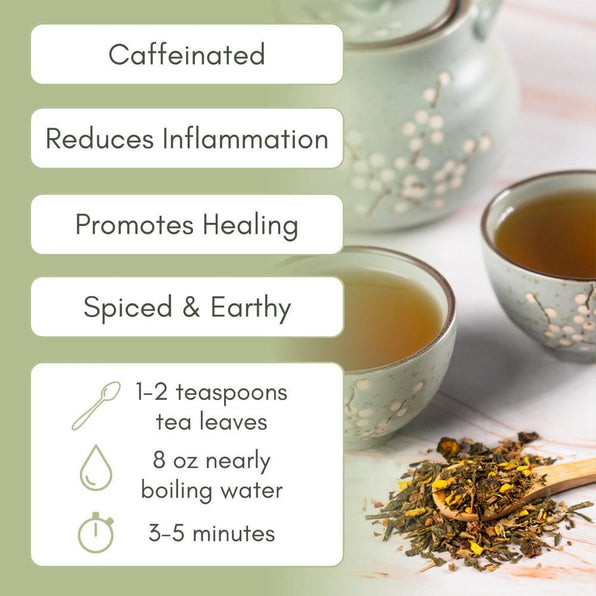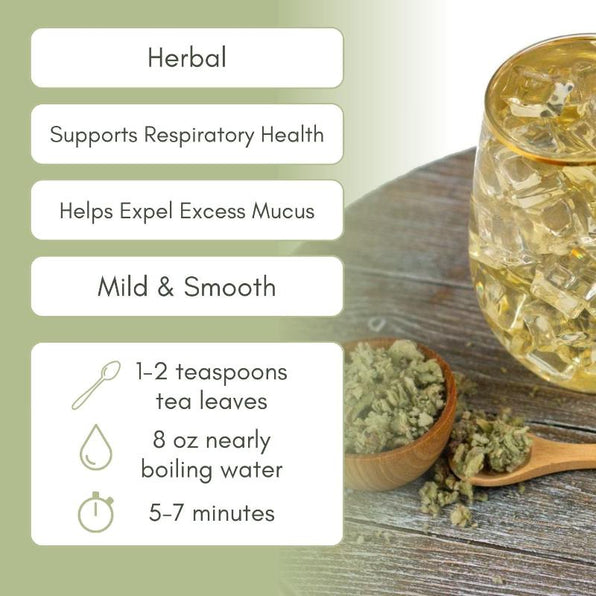Tell me if this sounds familiar. You wake up, you make yourself a cup of coffee, or go buy one on the way to work. But, one of those mornings you forget. You have to apologize to people “sorry, I haven’t had coffee yet” when you make a blunder. This is one of the most understood phrases because it is a shared experience.
You might also identify with that 2:00 p.m. lag where you brew your 2nd or 3rd cup of the day to get through your last few hours of work. Then 3:30 p.m. rolls around and you can’t stop sighing, and you feel like you can’t focus on the screen. You think you must need blue light glasses and need to lessen your screen time. These actually can all be associated with caffeine withdrawal!

The sighing you’re doing can actually be from the stress response coffee elicits. Inability to focus is easy to identify. But, when reading something on the screen feels uncomfortable, it can also be linked to focus issues. Eye fatigue, blurred vision, and even glaucoma can be linked to excess caffeine consumption.
Coffee may increase focus at first, but as soon as the withdrawals begin, your focus will crash along with your energy. You could even start getting blurry vision or heart palpitations. Read more about caffeine side effects here.
If you’re familiar with this, but also identify with the statement “I’m not myself without coffee,” read on to find out how to quit without withdrawals.
How much caffeine is in tea vs. coffee?
A standard cup of coffee is going to have about 95 mg of caffeine. For tea, the average black tea will contain 47 mg of caffeine; green will have about 20-45 mg; and white tea will have about 6-60 mg. Matcha gets its own category, and it comes in at about 35 mg of caffeine (for a 4-ounce cup, using ½ a teaspoon of matcha). Yerba Mate is herbal, but far from caffeine-free at about 85 mg of caffeine per cup.
The USDA and European Food Safety Authority both hold the “safe caffeine” amount maximum to be 400 mg per day. However, the most accurate measure is by weight. The maximum caffeine amount should be 1.4 mg per pound of body weight. This puts the average maximum at about 3 cups of coffee. After this point, you risk all the bad side effects we’ve mentioned earlier and in our previous blog as well.

If you want to fully quit caffeine, you’ll want to wean yourself off of it. To wean yourself off of coffee using tea, you’ll want to slowly lower your caffeine intake. Too quick, and you may just experience a caffeine migraine, nausea, and other undesirable withdrawal effects. You might wonder why tea is a good solution since it also has caffeine.
Caffeine in coffee hits pretty quick and all at once. I’ll notice my eyelid twitching 5 minutes after I’ve had one too many cups. Caffeine in tea reacts differently because all tea (from the camellia sinensis plant) has L-theanine in it. This makes the caffeine in tea act like a slow-release capsule. This way, you get a steadier intake of caffeine, delivered gently to your system. This helps you avoid the caffeine headache and the jitters.
What tea tastes like coffee?
If you're asking "what tea is most like coffee then?" you're on the right track. Most people don't realize there are addictive properties to caffeine, which is why withdrawal can hurt so much. Like any addiction, the most long term solutions are replacements. This is because quitting cold turkey on will power alone (while possible) is not very probable and sets you up to fall off the wagon painfully.
Asking what tea tastes most like coffee is smart because you want to create a similar experience to allow yourself to phase coffee out. Pu-Erh tea, Yerba Mate, Matcha, and black teas will all be very helpful in quitting coffee.

Pu-erh tea tends to be more caffeinated than black tea and also has a strong taste, much like coffee. If you take your coffee with a specific creamer, you can brew this tea extra strong. (To brew stronger, use 2-3 teaspoons for 8 ounces of hot water instead of 1 teaspoon, then let it steep the full 8 minutes). After, you can add your creamer to it.
I'm guessing you'll find, like I have, that this really helps mimic the taste and experience of coffee. This is important because if you find yourself addicted to coffee, there can be an emotional component. Creating a similar experience with tea can help you slowly draw away from coffee.
Yerba Mate, Matcha, and black teas won't carry the same taste. However, these will deliver the caffeine you need, while delivering it more gently. You can also still experience these like coffee with recipes like Matcha Latte and London Fog.

How to finally quit:
To quit coffee, first figure out how much you have. If you're at 8 cups a day or more, this will take a little longer. The basic principle is: replace one of your cups of coffee with one cup of tea. (Even if you're choosing Yerba Mate, that's about a 10mg reduction). You'll want to do this once every few days, or once a week.
Once you've replaced all your cups of coffee with tea, start reducing your cups of tea by one cup. Do this every few days or once a week until you're down to three cups of tea a day. At this point, you can call it good and enjoy the healthy effects of caffeine in tea.
However, if you want to quit caffeine completely, start substituting one of your caffeinated cups of tea for a caffeine free alternative like Rooibos or Honeybush. As always, consult a doctor if you have any medical concerns.

